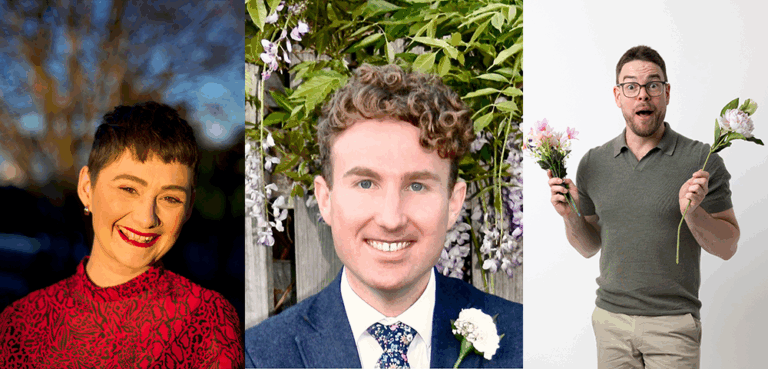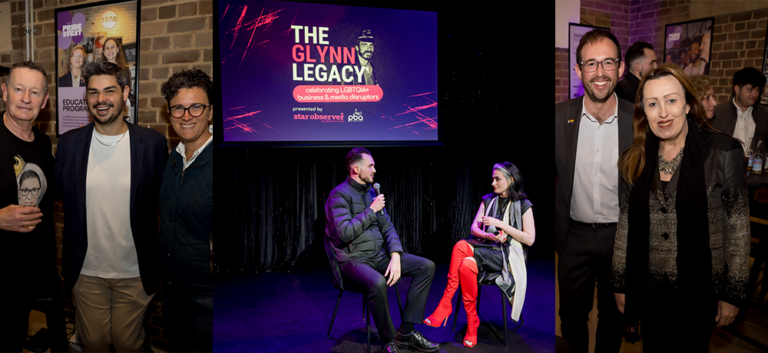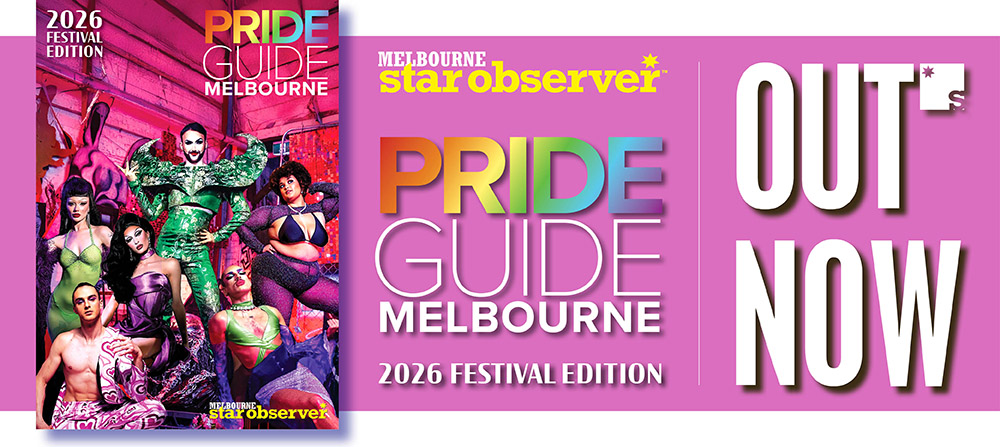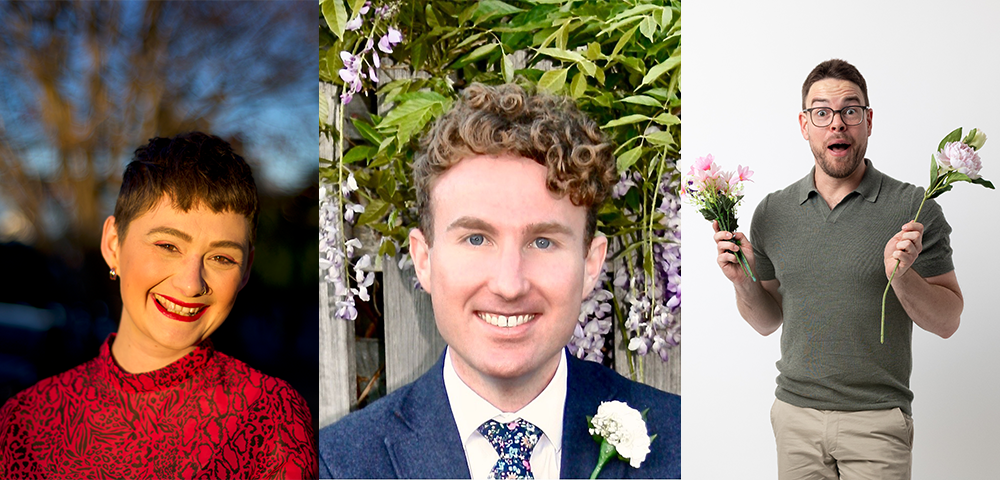
THE DISRUPTOR: Star Observer founder, Michael Glynn
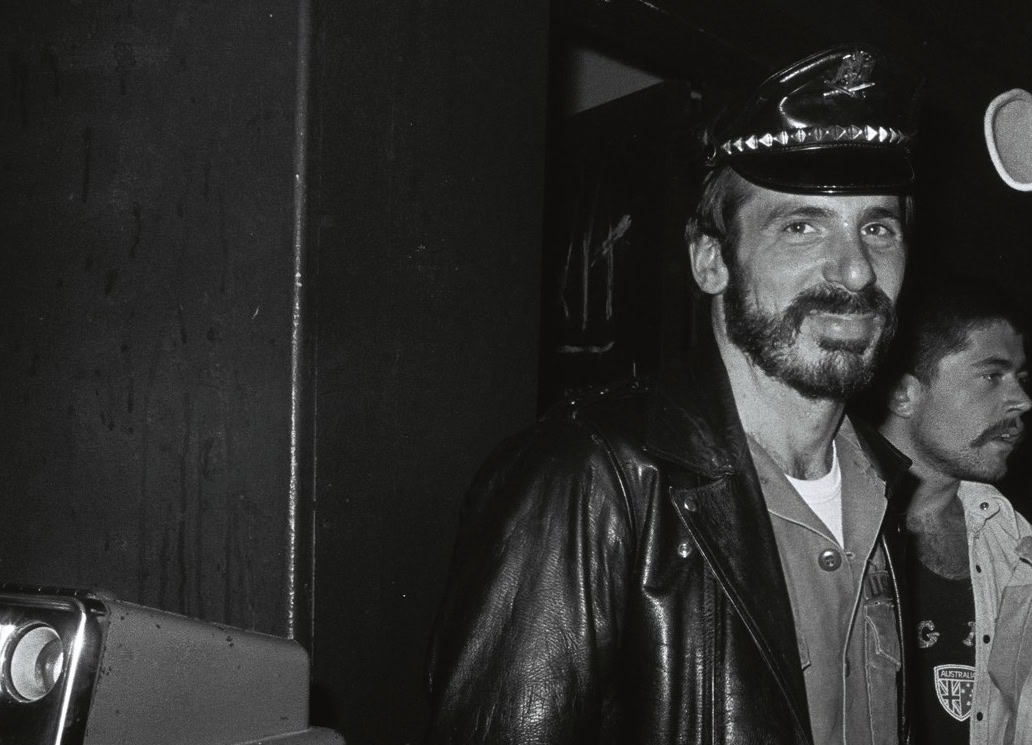
Disruptor. Radical. Firebrand. A ‘lanky American with no shortage of attitude and chutzpah’. All the above were common descriptors for the founder of Star Observer, Michael Glynn. His legacy is one of empowerment and standing up for what you believe in.
disruptor
/dɪsˈrʌptə/
noun
-
- a person or thing that interrupts an event, activity, or process by causing a disturbance or problem.
- a company or form of technology that causes radical change in an existing industry or market by means of innovation.
Glynn founded The Sydney Star in 1979. It was on July 6 when the first edition of what was then known as The Star was distributed in Sydney, Glynn hand-delivering the tabloid to gay businesses around Sydney out of his knapsack.
“For me, I guess, the Golden Age of the gay/lesbian print media will always be Michael Glynn’s Star,” Craig Johnston, former City of Sydney councillor and founder of the Gay Rights Lobby, wrote after Glynn’s death from AIDS-related complications on July 10, 1996.
The Star’s first iteration was more of a business and entertainment guide, than a newspaper. Glynn got the idea from a friend who’d returned from the US, and gave him gay entertainment guide from Texas. “I looked at it and I thought this would work here because we’ve got nothing,” said Glynn.
But as time went on, the Sydney Star evolved into news, personals and tabloid editorial.
“It took on a tabloid format, personified the passion and commitment of Michael, was full of infuriating typing mistakes, upbraided the gay male community into maturity, was loved and hated, depended on volunteers, printed absolutely everything you gave it,” said Johnston.
The Star soon became a staple of the local queer community. “His legacy started with the foundation of the community paper,” said Alan Goodwill, a good friend of Michael Glynn and original staffer at the paper. “People would sit in bars waiting for people to deliver them.”
After growing up in New Jersey in the US, Glynn immigrated to Australia in ‘71, the reason for which, various interviews say, was a response to political crises like the Vietnam War, and the assassinations of Martin Luther King and John F. Kennedy.
Glynn was fiercely political, yet one of his first jobs when he arrived was a high school English teacher – so he didn’t last long in the roles. Not for lack of passion, but because he failed to adhere to schools’ conservative policies – he simply could not help speaking his mind.
One student is quoted saying that when Gough Whitlam was dismissed, the students at the conservative school cheered that Gough had been thrown out. “Glynn was furious and shouted us down. He said we were idiots and didn’t know what we were on about. He said it was a disaster and that everyone needed to take care as there would be rioting in the streets.”
Dominic O’Grady, a former editor of Star Observer, never met the founder, but wrote his PhD on him, titled ‘Preaching to the Perverted: the life and times of Michael Glynn’.
Glynn’s passion might have been too loud for the 70s Australian schooling, but as an editor and founder of a disruptive magazine, his vigour was quintessential, and the LGBTQI+ community needed him.
“[Michael] Glynn pissed a lot of people off because he was opinionated and often angry. But he was also loyal to those he loved, and he was determined to fight for equality and sexual freedom.”
Star’s fast-blooming evolution became essential reading for Sydney’s – and soon, Melbourne’s – LGBTQI+ community, and it informed queer people about some of our most historically significant periods. The prime example is Star being the first Australian news outlet to report on the ‘new pneumonia linked to gay lifestyle’ in July of 1981.
The Star was the paper we all needed, because mainstream media were more likely to ignore or bury the stories that mattered to our people the most.
“I love what Michael Glynn’s story represents. It’s a story about empowerment and the capacity of narrative to build community and to change a system that sucks,” said O’Grady.
“The legacy we’ve inherited from him is invaluable.”

